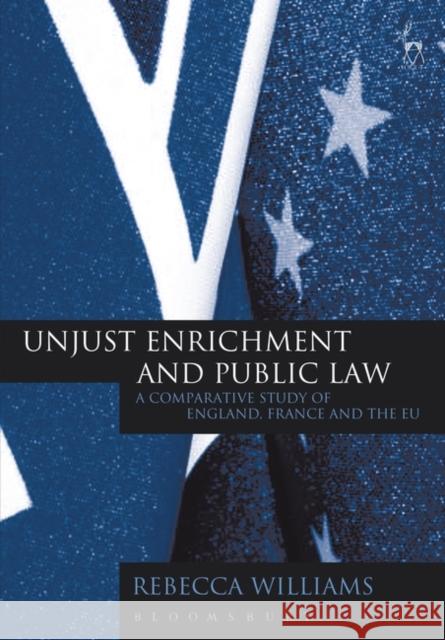Unjust Enrichment and Public Law » książka
Unjust Enrichment and Public Law
ISBN-13: 9781841134147 / Angielski / Twarda / 2010 / 304 str.
This book examines claims involving unjust enrichment and public bodies in France, England, and the EU. Part 1 explores the law as it now stands in England and Wales as a result of cases such as Woolwich EBS v IRC, those resulting from the decision of the European Court of Justice (ECJ) in Metallgesellschaft and Hoechst v IRC, and those involving Local Authority swaps transactions. So far, these cases have been viewed from either a public or a private law perspective, whereas, in fact, both branches of the law are relevant. The book argues that the courts ought not to lose sight of the public law issues when a claim is brought under the private law of unjust enrichment, or vice versa. In order to achieve this, a hybrid approach is outlined which would allow the law access to both the public and private law aspects of such cases. Since there has been much discussion - particularly in the context of public body cases - of the relationship between the common law and civilian approaches to unjust enrichment, or enrichment without cause, Part 2 of the book considers the French approach, in order to ascertain what lessons it holds for England and Wales. Finally, as the Metallgesellschaft case itself makes clear, no understanding of such cases can be complete without an examination of the relevant EU law. Thus, Part 3 investigates the principle of unjust enrichment in the EU and the division of labor between the European and the domestic courts in the ECJ's so-called 'remedies jurisprudence.' In particular, it examines the extent to which the two relevant issues - public law and unjust enrichment - are defined in EU law, and to what extent this remains a task for the domestic courts. This book is the second place winner of the Society of Legal Scholars Birks Prize for Outstanding Legal Scholarship 2011.











